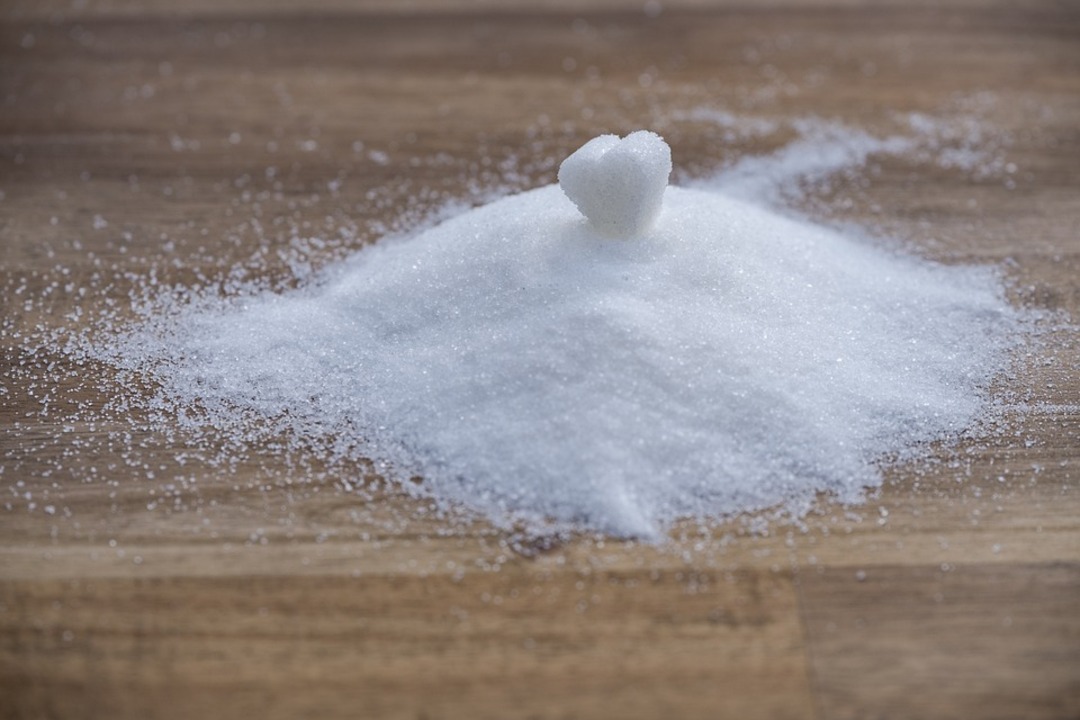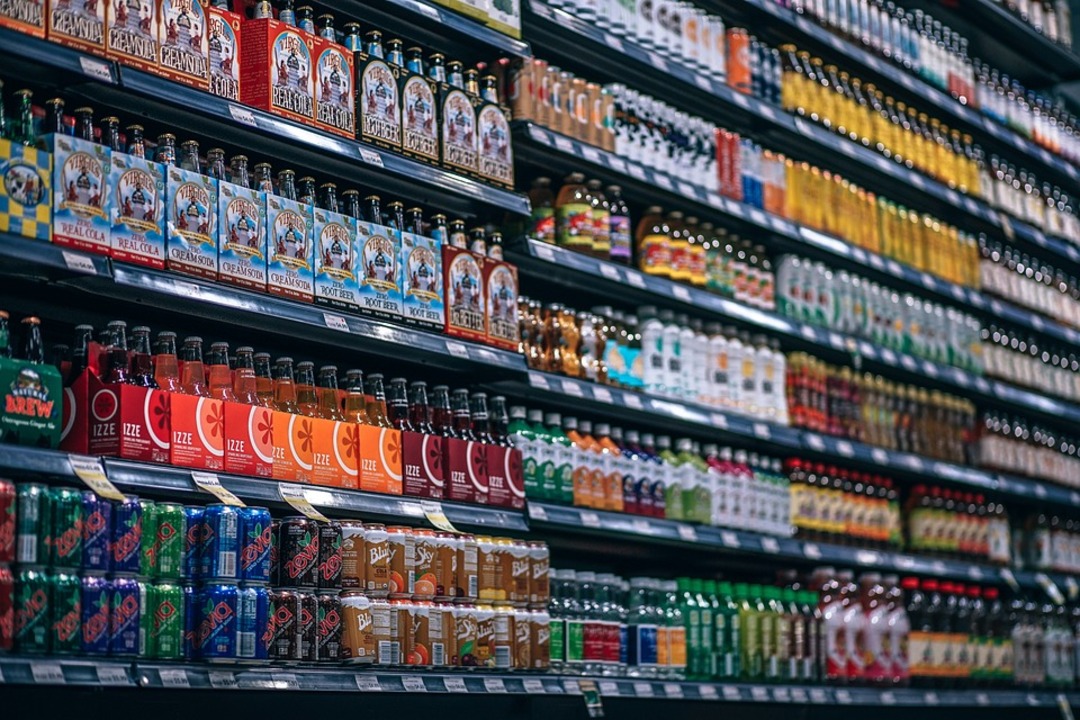-
UAE doctors warn of health risks linked to sugar-free soda, sweeteners

Doctors in the UAE are warning people to reduce their intake of sugar-free drinks, after a recent study revealed they could lead to increased risk of heart disease, strokes and diabetes, according to the al-Arabiya.
It said that a study published in the British Medical Journal (BMJ) found that higher consumption of artificial sweeteners commonly found in sugar-free sodas such as Diet Coke and Diet Pepsi could lead to an increased risk of heart disease and strokes.
The products, commonly found on supermarket shelves throughout the UAE and other countries, represent a huge market valued globally at $72 billion globally, according to data in the study.
But doctors worry the product, usually taken by people trying to reduce their sugar intake, could be doing more harm than good.
Ashwin Pankajakshan, endocrinologist at NMC Royal Hospital Dubai, told Al Arabiya English that many snacks and foods are made with artificial sweeteners, but the “most common” are often found in fizzy drinks like diet pepsi and diet coke.

“When people have diet coke, they have this feeling it’s not harmful,” Pankajakshan said, adding that many people think it’s okay to drink three or four cans a day.
“But that’s not true,” he said, warning that people should only drink these sodas in moderation and reduce their intake of artificial sweeteners found in products including, yoghurt, ice cream and cereals.
Sugar bomb's invention to deceive cancer cells is Syrian, not British
One particularly harmful chemical found in artificial sweeteners is aspartame. Out of all artificial sweeteners consumed aspartame accounts for nearly 60 percent, followed by Acesulfame found in products such as toothpaste, desserts and jams.
“Most of the food in the market is labeled sugar-free, keto friendly or lite,” Hanan Ibrahim Khatib, clinical dietitian, and nutritionist at Alshareq hospital Fujairah told Al Arabiya English.
“It [artificial sweetener] does not have any calories, but it has a harmful effect on the body,” Khatib said.
FDA: Breast implants linked to rare forms of cancer
She added that it can also lead to a bad gut – potentially bad bacteria and yeast in the digestive system - and diabetes, in the long-term.
When a person’s gut is imbalanced, their body could struggle to absorb nutrients, store fat and regulate blood sugar – the latter of which could cause diabetes.
But for anyone wanting to reduce calorie and sugar intake plant-based sweetener stevia could be a better option, Hana advised, saying that in the UAE, there is “a lot of food and drinks that are stevia based.”
Source: alarabiya
You May Also Like
Popular Posts
Caricature
BENEFIT Sponsors BuildHer...
- April 23, 2025
BENEFIT, the Kingdom’s innovator and leading company in Fintech and electronic financial transactions service, has sponsored the BuildHer CityHack 2025 Hackathon, a two-day event spearheaded by the College of Engineering and Technology at the Royal University for Women (RUW).
Aimed at secondary school students, the event brought together a distinguished group of academic professionals and technology experts to mentor and inspire young participants.
More than 100 high school students from across the Kingdom of Bahrain took part in the hackathon, which featured an intensive programme of training workshops and hands-on sessions. These activities were tailored to enhance participants’ critical thinking, collaborative problem-solving, and team-building capabilities, while also encouraging the development of practical and sustainable solutions to contemporary challenges using modern technological tools.
BENEFIT’s Chief Executive Mr. Abdulwahed AlJanahi, commented: “Our support for this educational hackathon reflects our long-term strategic vision to nurture the talents of emerging national youth and empower the next generation of accomplished female leaders in technology. By fostering creativity and innovation, we aim to contribute meaningfully to Bahrain’s comprehensive development goals and align with the aspirations outlined in the Kingdom’s Vision 2030—an ambition in which BENEFIT plays a central role.”
Professor Riyadh Yousif Hamzah, President of the Royal University for Women, commented: “This initiative reflects our commitment to advancing women in STEM fields. We're cultivating a generation of creative, solution-driven female leaders who will drive national development. Our partnership with BENEFIT exemplifies the powerful synergy between academia and private sector in supporting educational innovation.”
Hanan Abdulla Hasan, Senior Manager, PR & Communication at BENEFIT, said: “We are honoured to collaborate with RUW in supporting this remarkable technology-focused event. It highlights our commitment to social responsibility, and our ongoing efforts to enhance the digital and innovation capabilities of young Bahraini women and foster their ability to harness technological tools in the service of a smarter, more sustainable future.”
For his part, Dr. Humam ElAgha, Acting Dean of the College of Engineering and Technology at the University, said: “BuildHer CityHack 2025 embodies our hands-on approach to education. By tackling real-world problems through creative thinking and sustainable solutions, we're preparing women to thrive in the knowledge economy – a cornerstone of the University's vision.”
opinion
Report
ads
Newsletter
Subscribe to our mailing list to get the new updates!






















